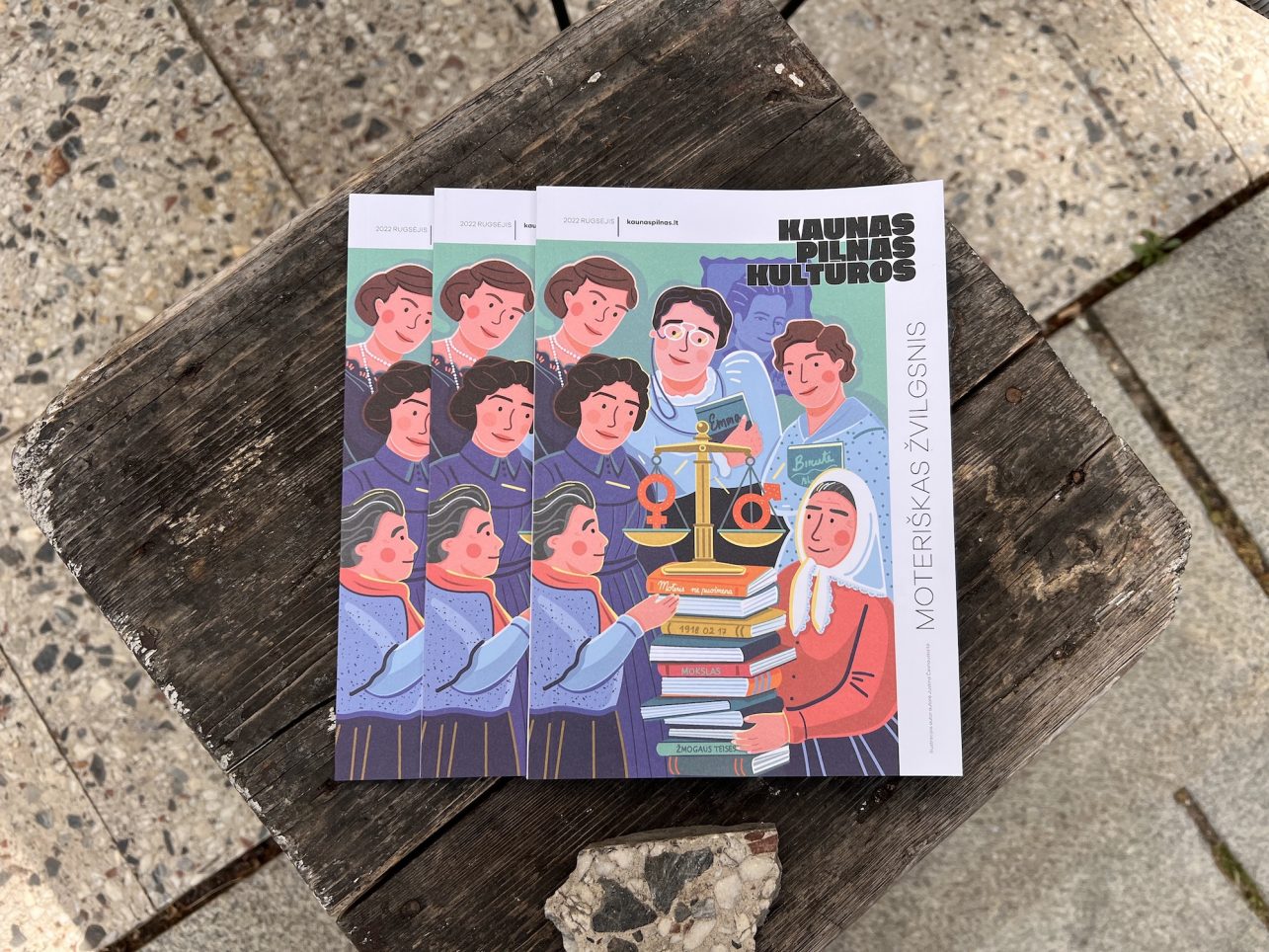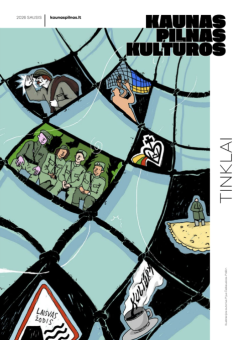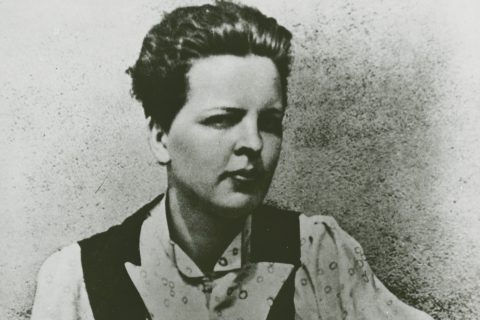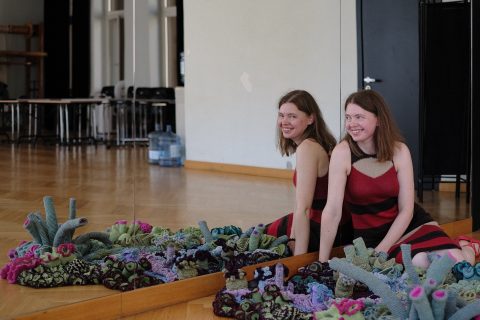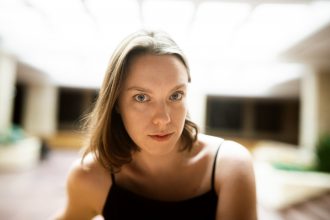“I hope that in 2022, even decision-makers are allowed to dance, sing and go to parties,” Finnish Prime Minister Sanna Marin told reporters at the end of August. The 36-year-old woman took a drug test after videos of a fun night out were leaked. The test was negative. And women in Finland flooded social media with their party videos, in support of the politician.
It sounds both funny and sad considering that no prominent man had even the slightest intention of explaining his pastime (or its consequences, such as illegitimate children or big bills) to the public recently. And not just recently. After all, almost a hundred years ago, Emma Goldman spoke about the fact that if she doesn’t have the right to dance, it’s not her revolution (the quote is certainly not accurate, but it is widespread not only on the Internet and is particularly suitable for Marin’s case).
So, it is 2022. When you will be holding this issue in your hands, the discussion Art and Gender Equality: Seems to or Actually Exists? initiated by Lithuanian Council for Culture will have already happened at the discussion festival Būtent! in Birštonas. The reasons for the event are not only the inequality of income from creative work but also the discrimination bullying, and sexual harassment that women are more likely to experience. They receive universal recognition and national evaluation 3.5 times less often, which was proven in the gender equality survey conducted at the initiative of the Lithuanian Council for Culture. But the discussion on the Internet was met with comments from men, who say that there is no problem. For them.
Therefore, in September, starting the eighth season of Kaunas Full of Culture, we continue to dance. We dance in the social center dedicated to the aforementioned Emma Goldman and elsewhere in the city; we dance while talking about women in parliament and women on Mars, we dance while weaving, drawing, photographing and looking at each other.
